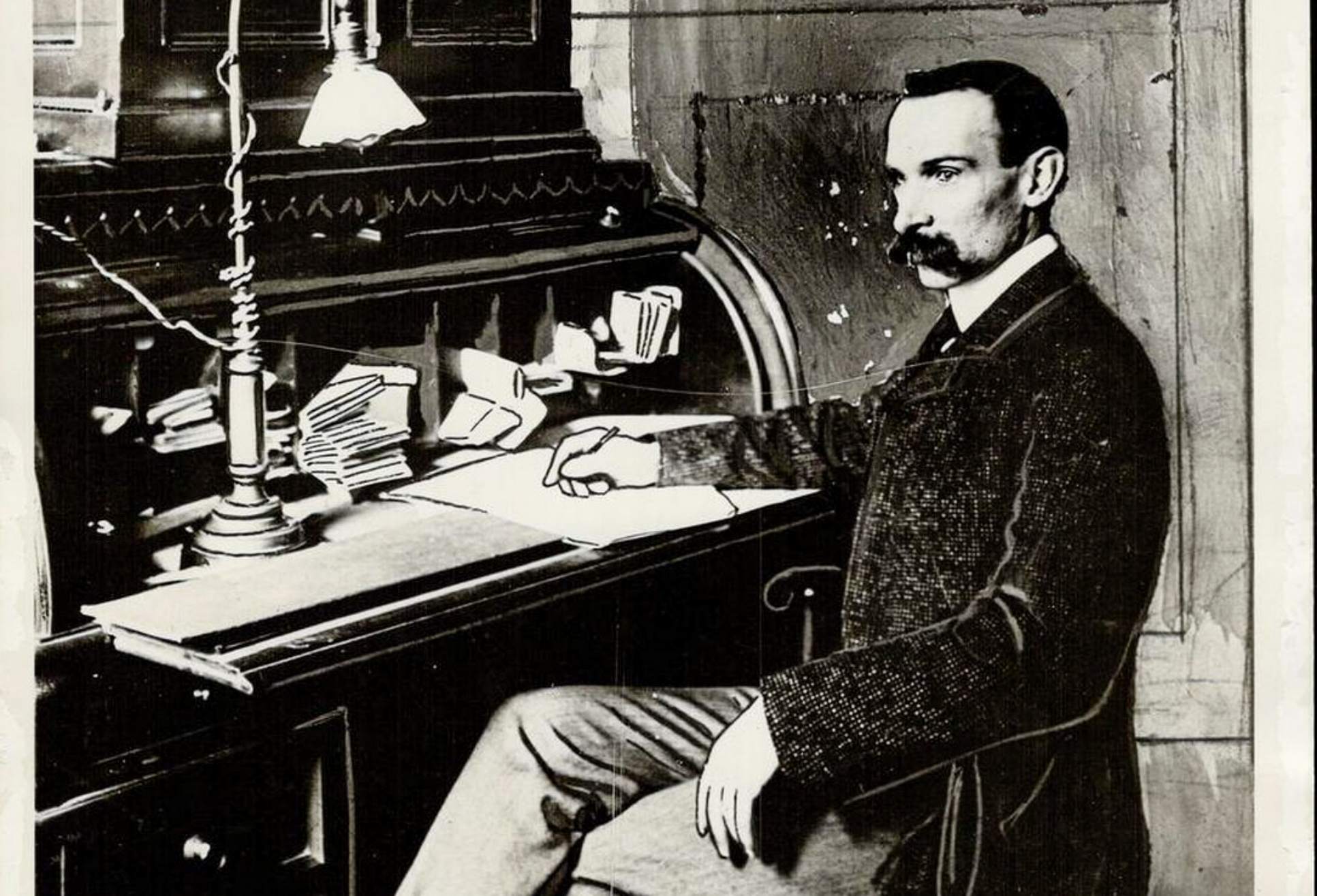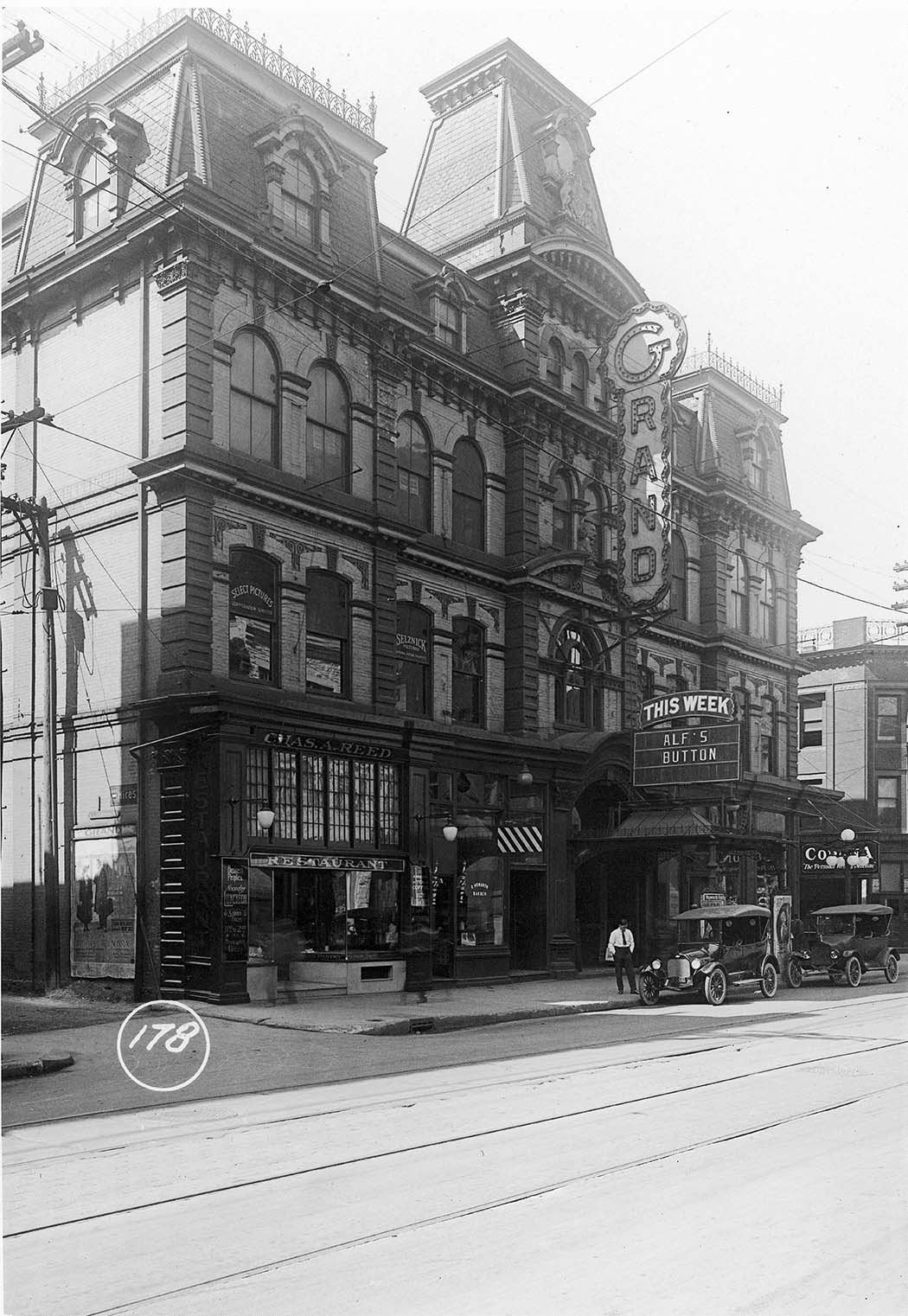Ambrose Small, a Canadian millionaire and theater impresario, who owned several Ontario-based theatres including the Grand Opera House in Toronto, the Grand Opera House in Kingston, the Grand Theatre in London, and the Grand Theatre in Sudbury, vanished from his office at the Grand Opera House in Toronto, Ontario, on December 2, 1919, the same day that the sale of his theaters was due to be completed.

Small was eager to finalize the deal which resulted in him earning more than $1.7 million (about $25 million today). Unexpectedly, he never withdrew any of the money from the bank. The last known sighting of Small occurred on the evening of December 2, 1919. He had been known to disappear occasionally to womanize and carouse, so his disappearance was not reported nor was it noted for several weeks.
Small had no motive to disappear: the millionaire did not take money with him, nor was there any ransom note, let alone evidence of kidnapping. His wife speculated that Small was with a woman, and it was only on January 3, a month later, that his absence was made public.

Many theories circulated regarding his disappearance, such as that he had been killed by his wife and burned in the furnace at the Grand Theatre, or that the police had aided in his disappearance.
The police launched an extensive investigation. His wife Theresa suggested that Small had fallen into the hands of a “designing woman” but police found no candidates.
Theresa Small offered a $50,000 reward for information about her husband’s disappearance and whereabouts if he was found alive, and $15,000 if dead. The reward went unclaimed. Small was officially declared dead in 1924. The case remained unsolved until being closed in 1960.
The Small case remains one of Canada’s most perplexing and legendary unsolved mysteries.



